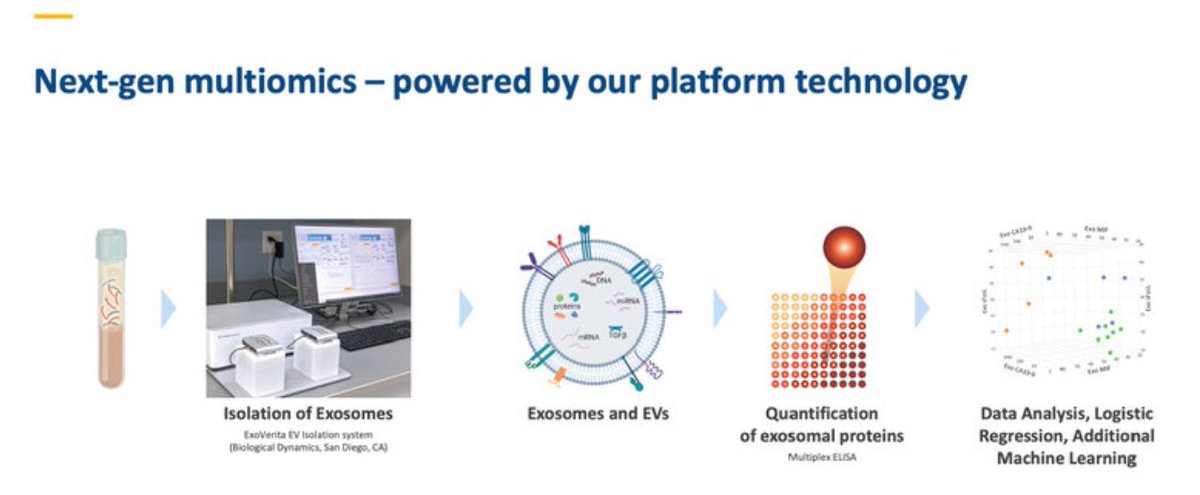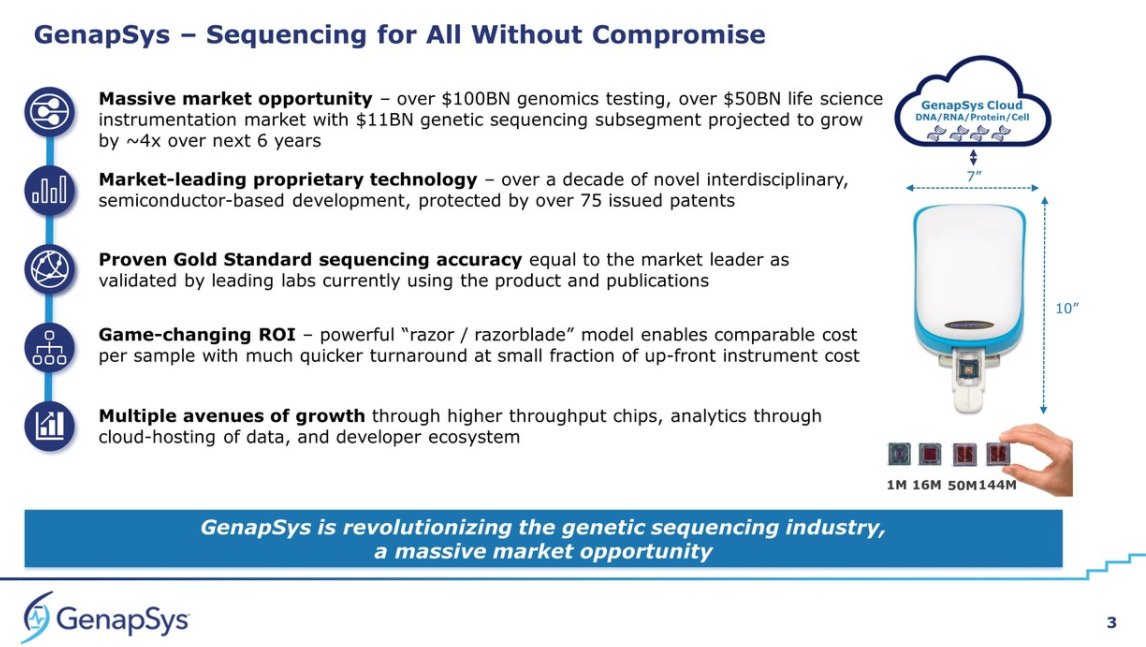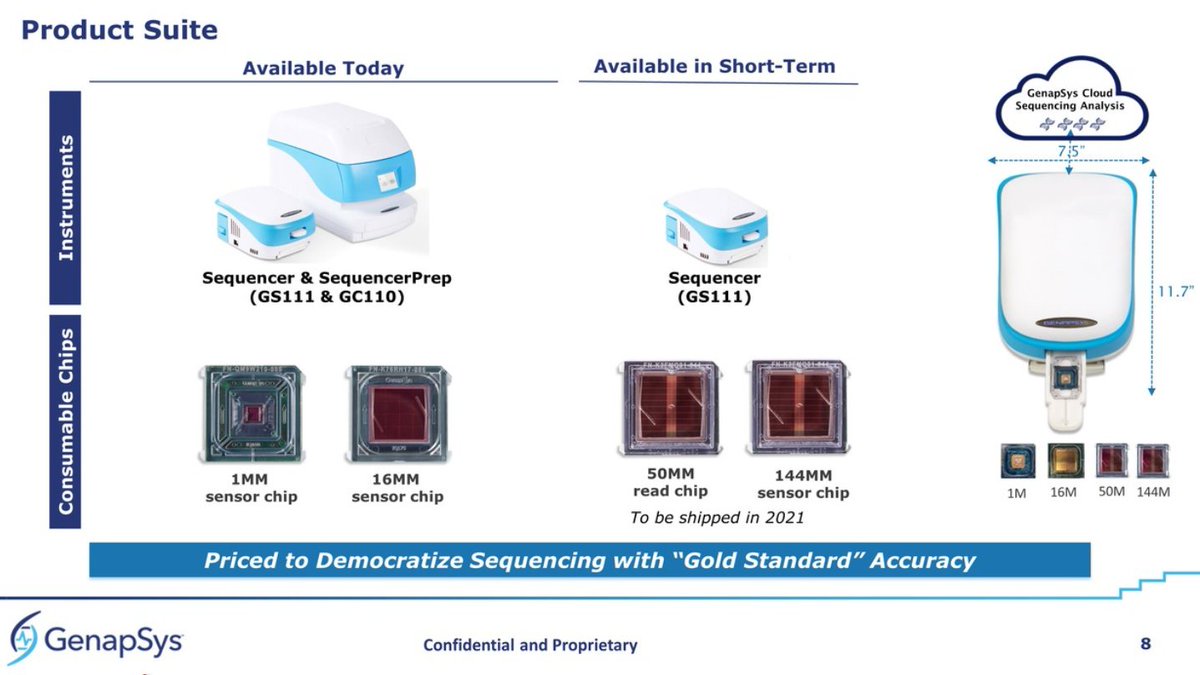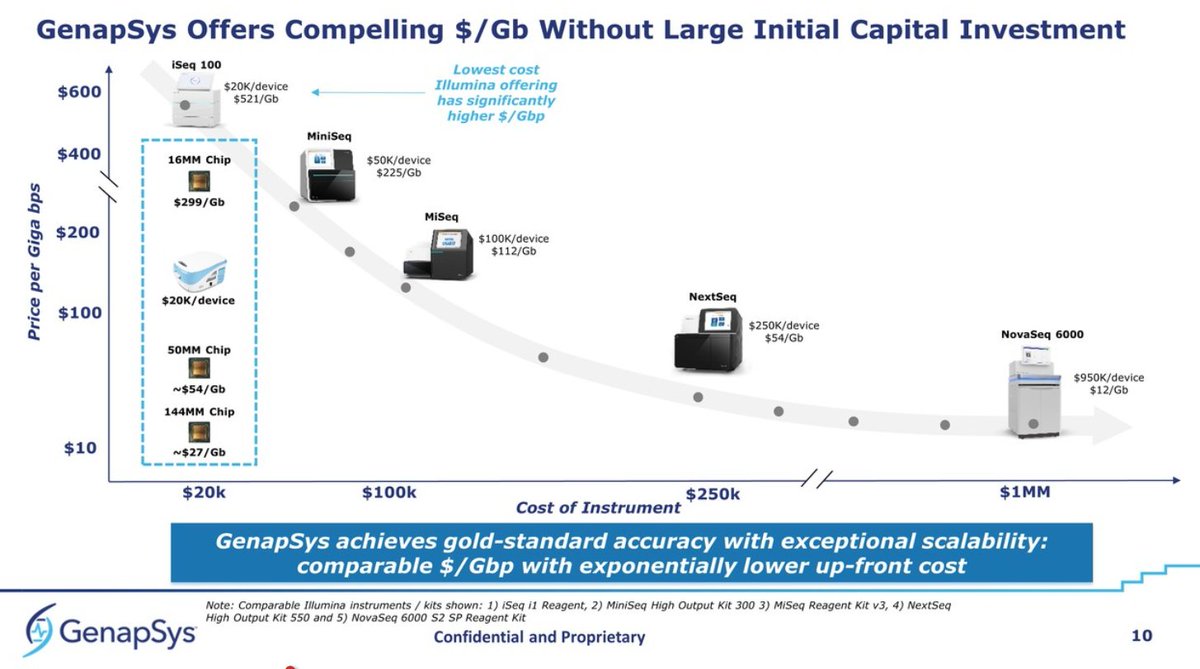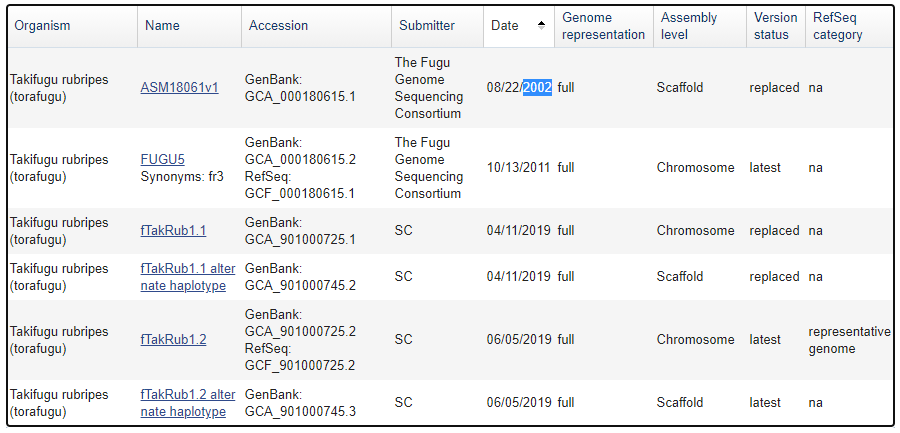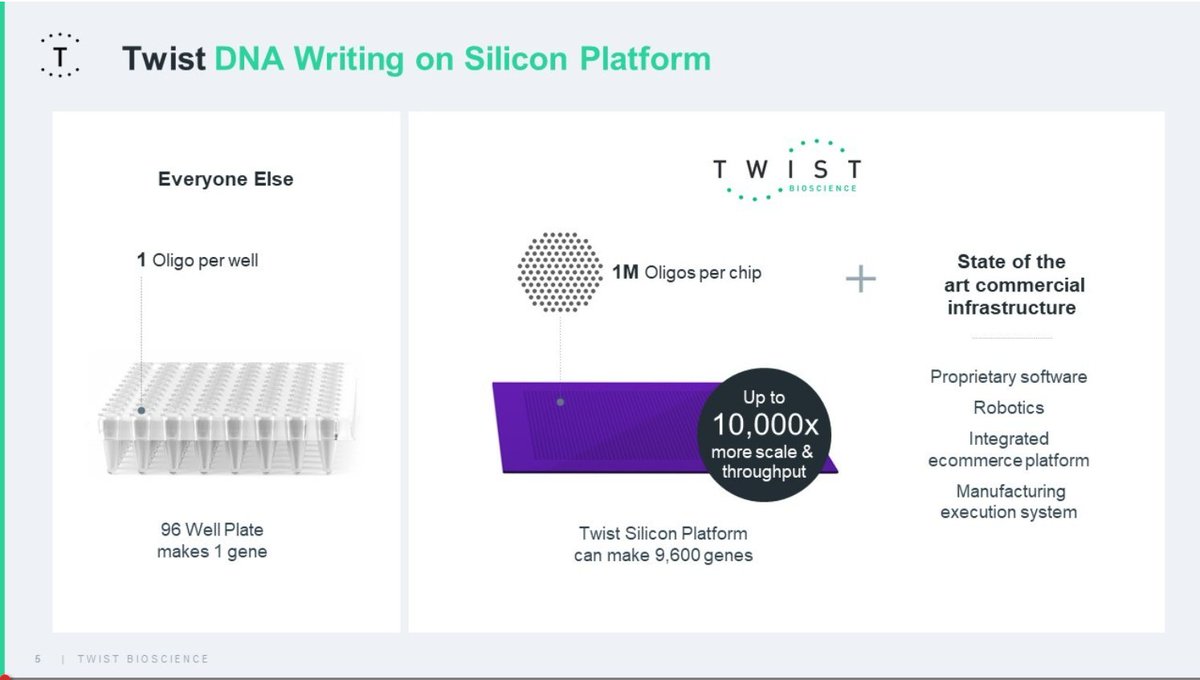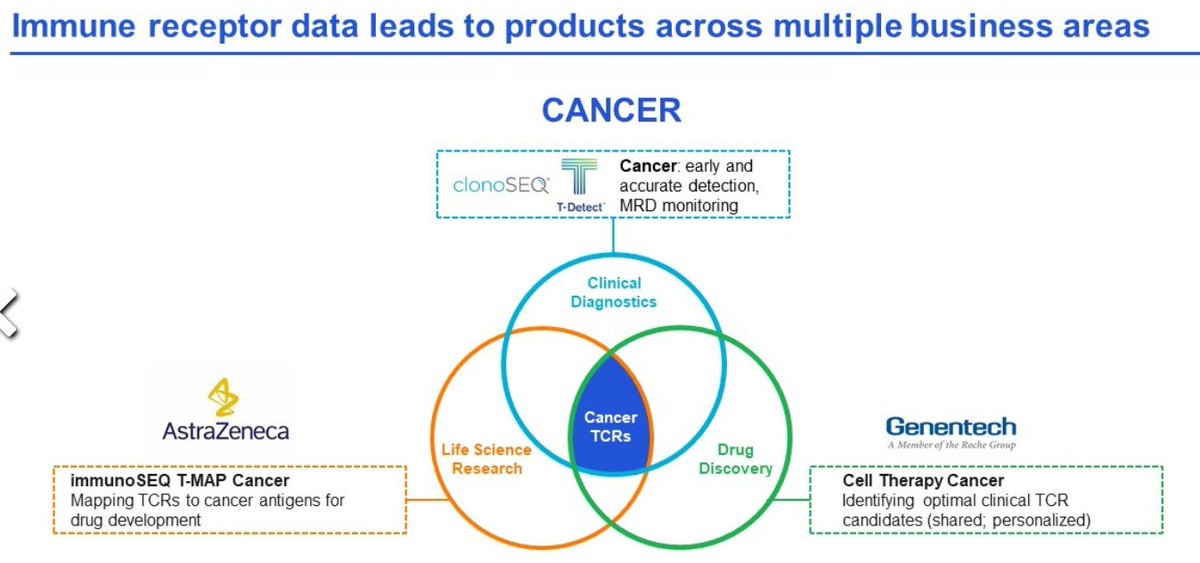
#JPM2021 #ExactSciences #LiquidBiopsy My highlights: I will focus on the liquid biopsy / #epigenomics profiling side of the presentation, which is where my interest lies: Exact described the data from Thrive multi-cancer screening, based on 'mutation+protein' 

The details they gave on their other recent acquisition, #BaseGenomics are illuminating: they will use their bisulfite-free methylation profiling method for their Cologuard 2.0 test for CRC, but also for the multi-cancer test, and possibly the MRD test as well.
So this means that #ExactSciences intend to upgrade their tech in two steps: from current Cologuard 1.0 to a new test that includes Thrive's tech, and then a second upgrade using the #BaseGenomics #Epigenomics profiling tech.
So #ExactSciences is currently not using #Epigenomics profiling in Cologuard 1.0 (only a handful of specific methylation loci), and won't be in the Thrive-based multi-cancer test. They will use #Epigenomics profiling only when they blend in the #BaseGenomics tech (not shortly).
So the updated list of companies that plan to offer #EarlyCancerDiagnostics #Epigenomics is: #GrailBio/#GuardantHealth/#Freenome and then other smaller companies with promising tech, such as #BluestarGenomics/#CambridgeEpigenetix/#Singlera etc. bit.ly/liqbiop
• • •
Missing some Tweet in this thread? You can try to
force a refresh

